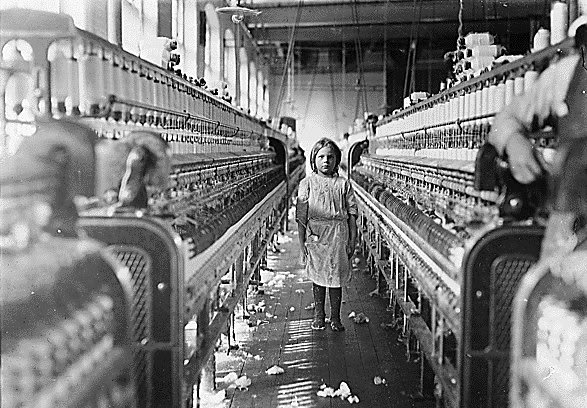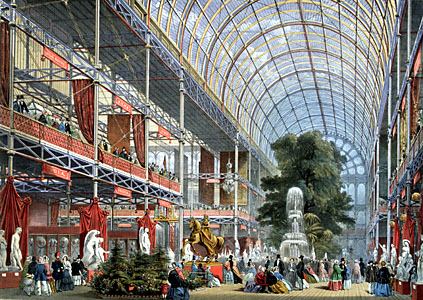What was the Communist Dream? And why did people dream it?
In the first part of this seminar, I challenge you to get into the heads of the people who were entranced by the dream of communism. It’s easy to say that they were fervent believers. But why?
1. Wednesday, August 27
Introduction: Dreaming of Communism
In this session, I will introduce you to the topics, pathways, and pitfalls of our exploration. I will also bring up the three central concepts of the study of political science: ideas, institutions, and incentives.
2. Monday, September 1
Discussion: Who are the dreamers, what do they want, and how do they propose to get it?
What were the foundations laid of the vast, complex, and vibrant organization known as the Christian church? Somehow the Apostle Paul began the movement. When you read these segments of the Bible, read them deeply. Try to envision them as components of a bold project in which everything is up for grabs. Paul is a leader. Two thousand years ago, you might have been a follower. In short, I am asking you to insert yourselves into a situation rather than just relying on the words alone. Selections from Paul the Apostle
- Let’s found a church! READ AND PRINT
- Biography of Paul the Apostle: READ
3. Wednesday, September 3
Discussion: Imagining a Better World in 19th Century England The challenge for this discussion is to: 1) put yourself into the streets of London (Engels’ description), and 2) unravel Engels’ agenda.
- Friedrich Engels, “The Great Towns,” excerpt from The Condition of the Working Class in England (1845): PRINT AND READ
- What if you were Friedrich Engels? READ
Engels’ world in the US?
Engels’ world everywhere?
- “World’s richest 1% ….”: READ
- Should we get to it, the opening Summary section of this Oxfam Report provides for an interesting comparison with Engels: PRINT AND READ (only pp. 1-4)
4. Monday, September 8
The Origins of Marxism: Part 1
Discussion: Karl Marx and Friedrich Engels, Communist Manifesto (1)
What is Marx and Engels’ argument? On what grounds do they justify their claims? To what extent does the argument make sense (even today)?
The Communist Manifesto was written by educated Europeans in a rapidly industrializing society. It came out of the same meld of western European cultures and ways of thinking that produced liberal democracy and capitalism. Ultimately, communism as we understand it today acquired new characteristics as it moved from one part of the world to another. Hence, the origins of the communist movement are not a matter of “us versus them,” but instead “us, them, and some other guys.” Our challenge in the coming weeks is to dissect this phenomenon.
- READ: Communist Manifesto, Preface and Part I.
- Who was Karl Marx? READ
- What was the Crystal Palace: “The Great Exhibition of 1851” LISTEN AND TAKE NOTES
- Facebook Revolution (we may get to this today, but if not, it will be just as relevant to a later class): READ AND PRINT
5. Wednesday, September 10
The Origins of Marxism: Part 2
Discussion: Karl Marx and Friedrich Engels, Communist Manifesto (2) What is Marx and Engels’ argument? Why would you want to join their club?
- READ: Parts II and IV
6. Monday, September 15
The First Great Debate!
“‘Despotic inroads’ are required for the achievement of true justice in society!!”
Ω
NOTE: Please neutralize your technology during our meetings. This includes electronic devices of any kind, such as laptops, i-Pads, i-Pods, cell phones, video cameras, or other personal digital devices.

